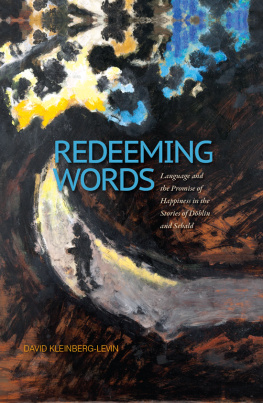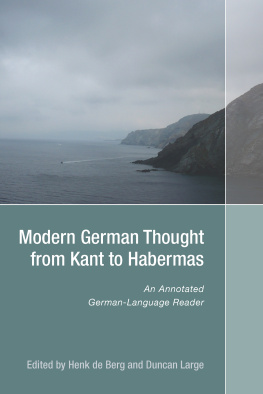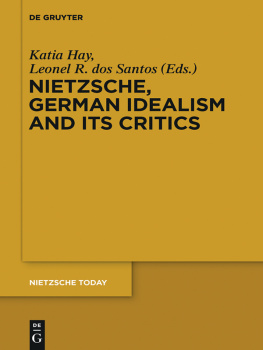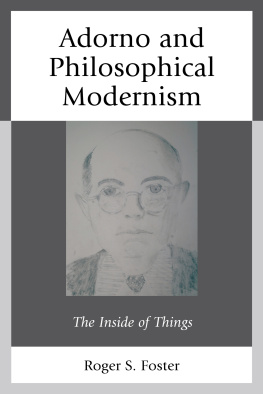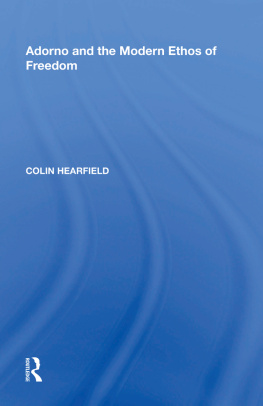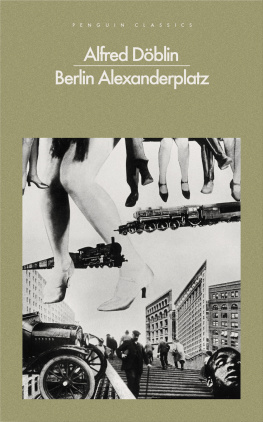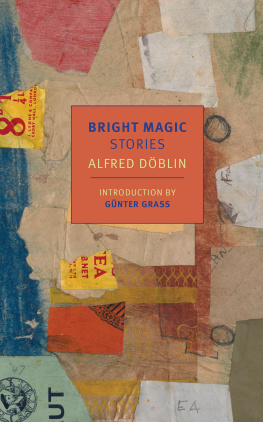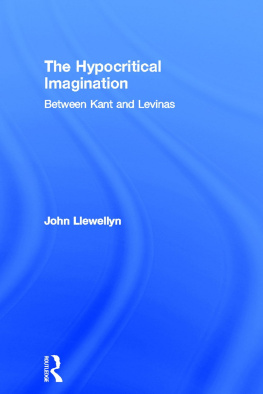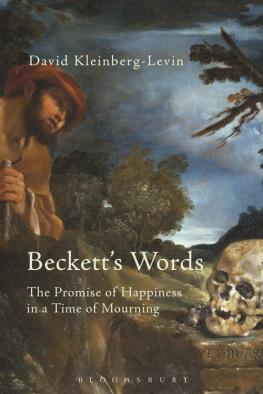Döblin Alfred - Redeeming Words: Language and the Promise of Happiness in the Stories of Döblin and Sebald
Here you can read online Döblin Alfred - Redeeming Words: Language and the Promise of Happiness in the Stories of Döblin and Sebald full text of the book (entire story) in english for free. Download pdf and epub, get meaning, cover and reviews about this ebook. year: 2013, publisher: State University of New York Press, genre: Home and family. Description of the work, (preface) as well as reviews are available. Best literature library LitArk.com created for fans of good reading and offers a wide selection of genres:
Romance novel
Science fiction
Adventure
Detective
Science
History
Home and family
Prose
Art
Politics
Computer
Non-fiction
Religion
Business
Children
Humor
Choose a favorite category and find really read worthwhile books. Enjoy immersion in the world of imagination, feel the emotions of the characters or learn something new for yourself, make an fascinating discovery.
- Book:Redeeming Words: Language and the Promise of Happiness in the Stories of Döblin and Sebald
- Author:
- Publisher:State University of New York Press
- Genre:
- Year:2013
- Rating:4 / 5
- Favourites:Add to favourites
- Your mark:
Redeeming Words: Language and the Promise of Happiness in the Stories of Döblin and Sebald: summary, description and annotation
We offer to read an annotation, description, summary or preface (depends on what the author of the book "Redeeming Words: Language and the Promise of Happiness in the Stories of Döblin and Sebald" wrote himself). If you haven't found the necessary information about the book — write in the comments, we will try to find it.
In this probing look at Alfred Dblins 1929 novel Berlin Alexanderplatz and the stories of W. G. Sebald, Redeeming Words offers a philosophical meditation on the power of language in literature. David Kleinberg-Levin draws on the critical theory of Benjamin and Adorno; the idealism and romanticism of Kant, Hegel, Hlderlin, Novalis, and Schelling; and the nineteenth- and twentieth-century thought of Nietzsche, Heidegger, and Derrida. He shows how Dblin and Sebaldwriters with radically different styles working in different historical momentshave in common a struggle against forces of negativity and an aim to bring about in response a certain redemption of language. Kleinberg-Levin considers the fast-paced, staccato, and hard-cut sentences of Dblin and the ghostly, languorous, and melancholy prose fiction of Sebald to articulate how both writers use language in an attempt to recover and convey this utopian promise of happiness for life in a time of mourning.
Redeeming Words is an elegant, highly learned, and incisive exploration of how languageand thus the greatest literature of our timeboth registers the experience of the loss of utopia and affirms hope by making the loss more clear. It takes as its theme the most profound reflections on the role of words in a time of abandonment and disenchantment. Kleinberg-Levin argues not only that words communicate this sense of loss but constitute it by failing to achieve total mastery and transparency and self-consciously thematizing the corruption and also affirmative power of words. At the deepest level, this study analyzes words and what the very existence of words can confer to individuals and communities. Peter Fritzsche, author of The Turbulent World of Franz Gll: An Ordinary Berliner Writes the Twentieth Century
Döblin Alfred: author's other books
Who wrote Redeeming Words: Language and the Promise of Happiness in the Stories of Döblin and Sebald? Find out the surname, the name of the author of the book and a list of all author's works by series.

